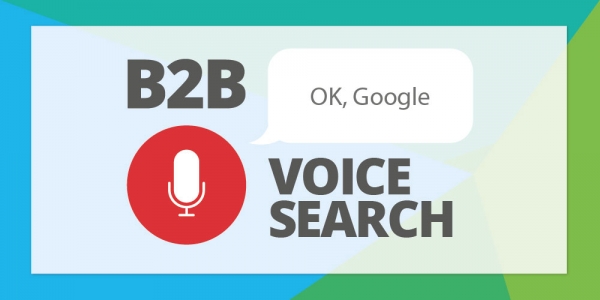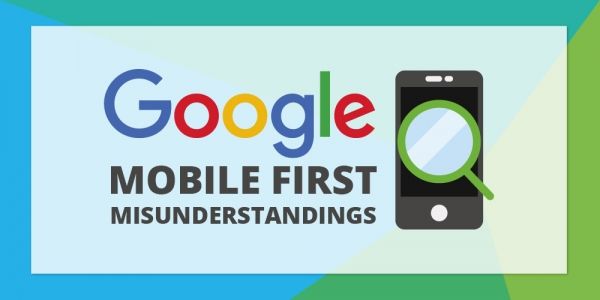


Voice Search In B2B Marketing
17-10-2017Tags: SEO, Websites, Optimisation
According to Google, 20% of queries on a mobile device are voice searches. Whilst predominantly a B2C focus, your B2B should be aware of the ever-increasing popularity of voice search and the potential impact on B2B marketing.
Voice search would seem more commonly used in a B2C context, whether it’s asking how old the Taj Mahal is, or making a phone call to your grandparents. However, with the increasing popularity of smart speakers (Google Home, Amazon Echo, Apple HomePod) voice search is being adopted for a variety of purposes, and its influence on B2B decision makers is increasing too.
It’s important to consider who is using voice search, why, and where. Suddenly, it becomes inevitable that voice search will impact your B2B, and that your website should be optimised for voice search.
The rise of voice search
An early indication of voice search’s rise occurred in November 2014, when Google first incorporated voice search into its mobile app. Further upgrades enabled Google to use previous voice commands to provide a context for an ongoing conversation.
Faster search results
KPCB’s 2016 Internet Trends Report researched the top reasons to use voice search. According to the report, 30% of respondents cited faster search results via voice, whilst 24% wished to avoid typing on mobile devices, and 12% argued that voice search helped them avoid confusing navigational menus.
More specific answers
Search queries are evolving, and not just because of voice search. People are increasingly expectant of more specific answers and are, therefore, asking more specific questions. This has led to queries of more than three keywords (long tail keywords) increasing from a 20% share in 2008 to more than 60% of all search queries in 2017. Whilst they may have lower search volumes, long tail keywords can drive more relevant leads that are more likely to convert.
Optimising your B2B website for voice search
Understanding why people are using voice search can help your B2B maximise the lead generation capabilities of your website.
1) Optimise for mobile - Voice search aside, mobile-friendliness is more important than ever. Not only are mobile usability factors part of Google’s search ranking algorithm, but the search engine is developing a mobile-first index.
First and foremost, your B2B website should be mobile-friendly. As KPCB’s research found, attention should also be focused on quickening page load speeds to minimise frustration, and simple menus for easier navigation on a mobile device.
2) Optimise for long tail keywords - Voice searchers are more likely to use natural, conversational language for their search queries. To improve search engine exposure and potential reach, your B2B could optimise website content for long tail keywords.
Utilising conversational language in titles and headings, for example “what is…”, “what are the benefits of…” or “do I need…” can help your content increase reach for long tail keywords. Alternatively, creating a FAQ page with natural questions could boost the search rankings of your B2B website for more specific keywords.
Want to optimise your website for voice search?
Contact our friendly team today.
Increase your leads with Robust SEO

Our SEO is completely aligned with Google’s values. No tricks, smoke or mirrors, just a pragmatic approach that ensures you don’t fall foul of search engine algorithms and build your natural traffic for targeted keywords.
Discover Robust SEO



